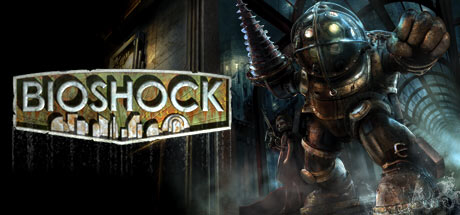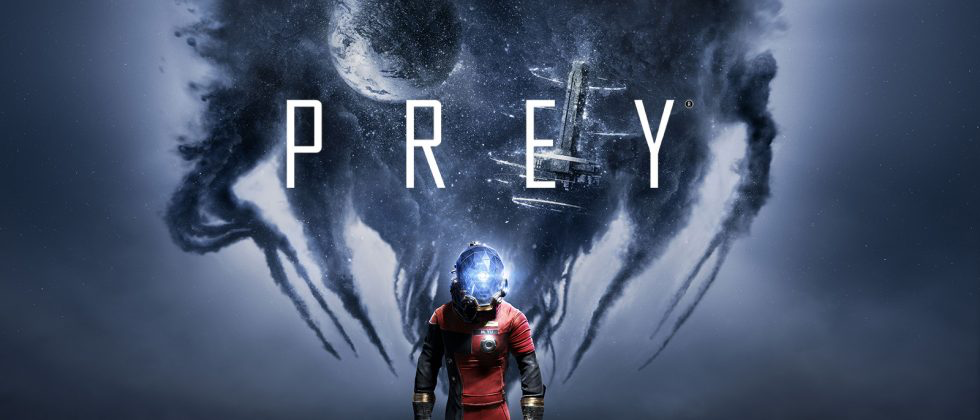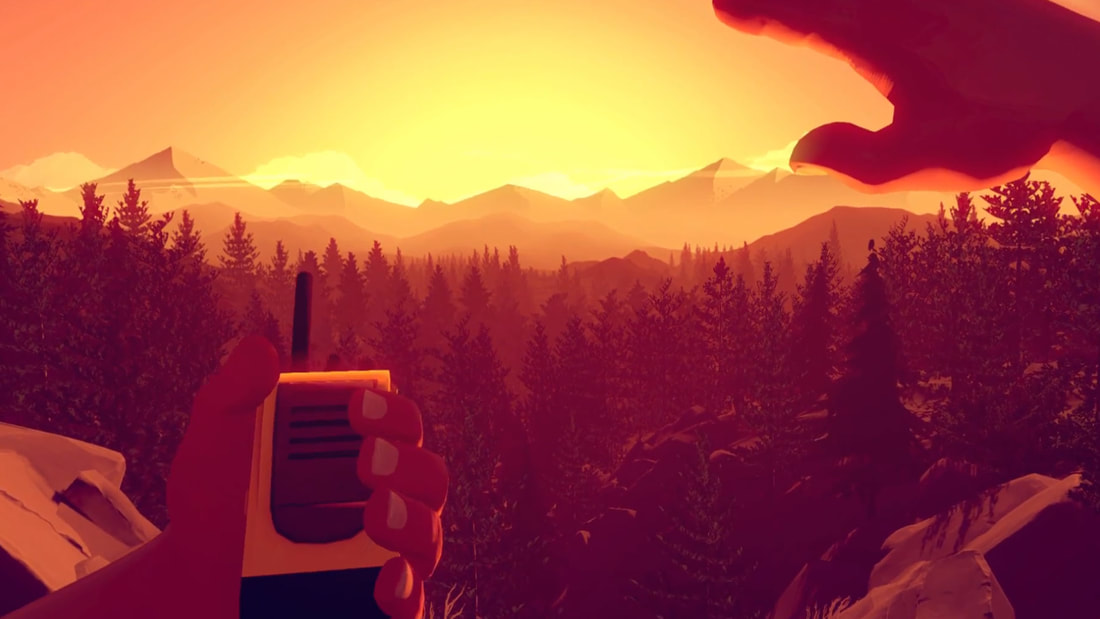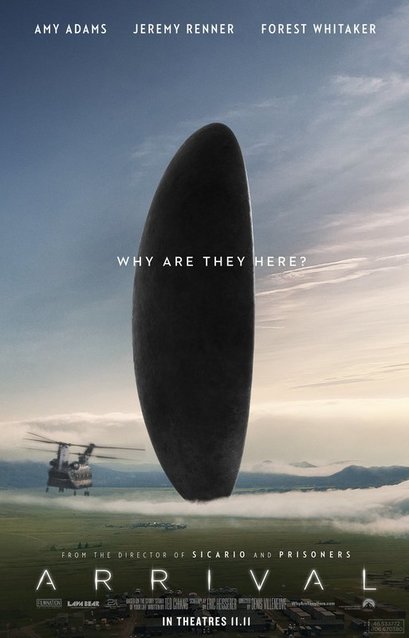|
This post is inspired by reflections on Zhuangzi and philosophy in a reading group I participated in during Fall 2020 with three of my colleagues. Oh no! A being, plopped into the world, forced to make sense of it, to choose how to live, act, think, and be. What to do?! What to pay attention to?! Where to look, where to turn the head, focus the eyes?! What in the world to do with this stream of informational input?! What is this world?! What is me?! What chaos! Can Zhuangzi help? Maybe he can’t help us sort out our mess of conceptual confusions and determine what is true, and what it is to make sense of things, and what it all means, and what we should do. But I think he might be able to point us in the right direction (or, away from the wrong one). Introduction: Where should I begin?We must begin at the beginning. Stories are like that, language is like that, we are like that. We simply must pick a place to start, if we want to say anything at all. So where should I begin? Nature itself doesn’t seem to provide clear and determinate boundary lines, so why should I? Perhaps I should just stay silent, since no starting point seems privileged. I am paralyzed by my indecision. And yet… I have stories to tell. Questions to ask. Things to say (I think). And even if no starting point for telling these stories is objectively correct, the place from which we choose to begin is not arbitrary - it makes sense to us.
1 Comment
Implicit in my upbringing, both in the home and outside of it, was the idea that it is not useful to express an emotion until it can be articulated in a way that will make sense to the people around you, especially those people who have power over you. This might mean recontextualizing your own experiences through someone else's perspective in order to make sense of them. Or it might mean finding the root cause of the thing that made you feel that emotion, and indirectly speaking about that cause rather than about the emotion itself.
This makes sense, in many respects, and it is a useful way to teach our children. If a three-year-old throws a fit, they are not likely to get what they want. If they can learn to channel the feeling of frustration that causes the fit, and express that feeling in English, perhaps they can change the situation that started the fit to begin with. Perhaps they can't, if nobody is listening. So, I am very grateful that I had parents who listened in good faith to my English expressions of feelings or frustrations, even at three years old. If they hadn't listened, I might have turned to different channels of expression for seeking understanding (not that this would have been a 'bad' thing, but here we are). Words, for me, were the "key" in the lock that is genuine connection with another human being along with power, power to change minds and to change the world. When you don't have any other kind of power, you always have reason. There are a couple advantages and disadvantage that come along with bringing this way of looking at things into my adult life. One disadvantage is the barrier it puts up between me and other people when I don't know how they think. I don't know how to express myself in a genuine way to a stranger, because I don't know what will make sense to them from their perspective. I don't want to rid myself entirely of the drive to be understood by an interlocutor, but I also don't want that drive to imprison me into silence in public or new spaces. Do I even have my own epistemic perspective through which I can make sense of myself and my intuitions? I thought, as I began to realize my problem. My silence in new spaces isn't always anxiety, or fear. It's emptiness. It's not that thoughts come into my mind but I am to afraid to speak them (well, sometimes it is that. I'm slow at sense making if I do it all in my head, so if I do come up with something to say, it's 10 minutes after we've moved on). It's that nothing simply crosses my mind, nothing begs to be expressed. In undergrad it was easier. In undergrad, I felt emotions when my professor said something that didn't make sense. I pulled a face, without realizing it. I am glad he felt comfortable enough to call me out, and to ask me what was wrong with what he said. I didn't know I wanted to be a philosopher yet, so I didn't care about impressing him or about 'seeming smart.' Unfortunately, I started to care about these things when I got to graduate school. I stopped pulling faces in class when something felt dumb. In part I aimed to have some epistemic humility; I am sure whoever expressed this thought didn't mean it in the way I am interpreting it such that it seems dumb, I would think. So I would do lots of work trying to figure out what they really meant. I'm rambling, and losing the reason I wanted to write this blog post... It was to express a single thought. The thought was, maybe sometimes, it is important to express our emotions before we have made sense of them. I'm learning how to allow myself to feel, and to analyze the feeling after it's clear I feel it. The big barriers I had up around myself weren't helping my philosophy. I don't think they were helping my career either, though that one is more unclear. It might be that in making myself vulnerable, and trying to make sense of my world in public spaces (rather than making sense only in private, and putting up a front in public unless I have already made enough sense of something to be able to express it in a way I am already comfortable with), I come off as unarticulate or unintelligent. I think this is probably true. Oh well. I guess we'll see if I belong here or not. (That thought, itself, can be liberating). I'm worried a little bit that the shift in my way of thinking here might scare some people. Emotions are a little hard. Things we don't understand are even harder. I want to do analytic philosophy - is there a space for me in it, though? I want to put things in boxes, I want to carve up the world, I want to approach understanding through breaking things down and putting them back together again. But people don't belong in boxes, and neither do ideas - words do. Our feelings, thoughts, intuitions and ideas shouldn't need to be prepackaged into analytic boxes prior to expression. Part of our collaborative project should be doing that repackaging together. What's your opinion? Do emotions have a role at all in analytic projects and conceptualization? How do you envision that role? Is it rude to express annoyance or frustration with someone's theory, will onlookers infer some kind of epistemic arrogance with that kind of emotional expression? How can we establish spaces where we are allowed to be authentic about our personhood and our feelings without sacrificing philosophical rigor and while remaining epistemically humble? Are these aims even in tension to begin with? How can we recognize power imbalances in relationships that might make one party disproportionately liable for translating their experiences into the perspective of the person with power? As teachers, how can we make our students feel comfortable with knowledge that we respect their humanity and allow their free expression while also holding them accountable to standards of rationality and philosophical rigor post-expression? This game has a special place in my heart, probably always will. Ever wished you could turn back time, stop something bad from happening, fix it, make it just right? Turn back the clock and be there for someone when you weren't? Control fate, interrupt the causal order? Now, you can. What will you do with that kind of power? rating: 9.0There's not much more I can say, really. I would recommend it- play it like a movie, pay attention to the story. Let me know if you play it. I think the philosophy of time is one of the most fascinating topics there is, and it's interesting to see the patterns that emerge in different media sources that speak on it (eventually I'll make a post on bioshock infinite). The Butterfly Effect is so dated, but when it first came out I was pretty young still and it was my first favorite movie. I wouldn't call that a piece on the philosophy of time but it was about interacting with the causal order and the brain's responses to grief (like this game). It was one of the sparks that led me to want to study neuroscience, actually -- I wanted to be like the doctor. I wanted to study patients like him. I'd still be fascinated to do that (but I'm not sure 'fascinated' is the right frame of mind into which one should go into neuro-psychiatry...). The rest of this post isn't entirely about the game, just something it reminded me of. When I played it I read into it as being a larger symbol (for responses to grief), in particular the choice made at the end. if you read on, spoilers, and potential tw
This is a short story I started after my Chinese philosophy class last Spring but have since abandoned. The idea was - after taking that class, I felt the main difference between the ancient Chinese vs Greek perspectives could be boiled down to their perspectives on Truth. For Plato it was something to be sought, something to see, something objective. Influenced by my professor Alexus McLeod, I wondered if we could think of truth as something to "be," rather than (or in addition to) something to see. Not having the idea worked out clearly and explicitly enough, I attempted to express it in a reworked version of the Allegory, entitled "Go back in the Cave: Become the Sun you once Sought." I've only written the first of the stages so far -- Comments welcome.
"I am Andrew Ryan, and I'm here to ask you a question. Is a man not entitled to the sweat of his brow? No, says the man in Washington, it belongs to the poor. No says the man in the Vatican, it belongs to God. No, says the man in Moscow, it belongs to everyone. I rejected those answers. Instead, I chose something different. I chose the impossible. I chose... Rapture. A city where the artist would not fear the censor. Where the scientist would not be bound by petty morality. Where the great would not be constrained by the small. And with the sweat of your brow, rapture can become your city as well." Overall Rating: 7.1I just started playing this game so I'm only a couple hours in as I am writing this-- I wanted to write a quick post to recommend it because I'm loving it so far (even though I may never get time to finish). You wake up in a futuristic apartment, littered with books and computer screens with hints of the new world of "neuromods." You really have no idea what is going on for a lot of it, since, you know, it's the age of being able to completely rewrite memories and cognitive abilities - so there's this entire future you forgot.
I love the story (so far) and the gameplay/controls are very intuitive (I play on PC). There also seems to be quite a bit of freedom and potential for side quests - I just found a terminal with names and locations of like 20 people around the terminals that I could save if I want, but it doesn't seem like it's part of the main game. I can't wait to see the rest of it, how the monsters progressively get more intense, and how the story develops. Rating: 5.2
This game isn't going to make it on any must-play lists, but it was pretty fun for what it was. It gave me about 6 hours total of playtime, maybe a bit more if you include all the time I spent wandering around lost in the forest. Basically the premise of it is that you are hired for the summer to work at a forest park in a lookout tower watching for fires, and managing the grounds. Of course you then stumble across various clues to a mystery of sorts, and even start to wonder if you yourself are going insane (mostly due to the isolation of the forest). It didn't leave my with any kind of big philosophical insights, but read on (spoilers!) for more detail about the story and my thoughts on it. This post has been copied over from my old blogspot blog. I wrote this a couple weeks ago but forgot to post it. Surprise, surprise, more thoughts on "Arrival." Here I'd like to talk about what it would actually feel like and be like to experience time in this alternate world. One thing I'm interested in is what the nature of consciousness would need to be like. I find myself imagining, for a creature that "sees all of time at once" - that they are like, on the outside, looking in at their life, seeing the whole thing play out. Is that plausible? Is there no longer an actual conscious experience associated with each particular moment? I didn't read the book, but this quote from it is relevant:
The recently released film "Arrival" is a powerful story of alien first-contact. Radical translation from an alien language raises many important issues regarding meaning as well as cognition; could humans really come to understand a language so fundamentally different from any on earth? In what follows, I will first go through the general plot and storyline of the movie, including my initial thoughts and reactions as I watched it. Next, I will go over the important features of the alien language that differentiate it from typical human languages. Then, I will discuss in detail the metaphysics in the world represented by this piece including the nature of time, space, causation, and fundamental reality. Finally, I will explain what this metaphysical framework means for cognition and consciousness, autonomy, value, and the future of humanity.
(this post has been copied here from my old blog)
Ok, I just got done playing the game "SOMA" last night, and I made this blog specifically to write a blog post about it, because I loved it so much. This post got quite long because I kind of just go through the whole story so there are definitely spoilers. Also, don't expect philosophical rigor; this is a mainly creative outlet. |
AuthorJenelle is a grad student interested in philosophy of mind. Categories
All
Archives
October 2020
|







 RSS Feed
RSS Feed